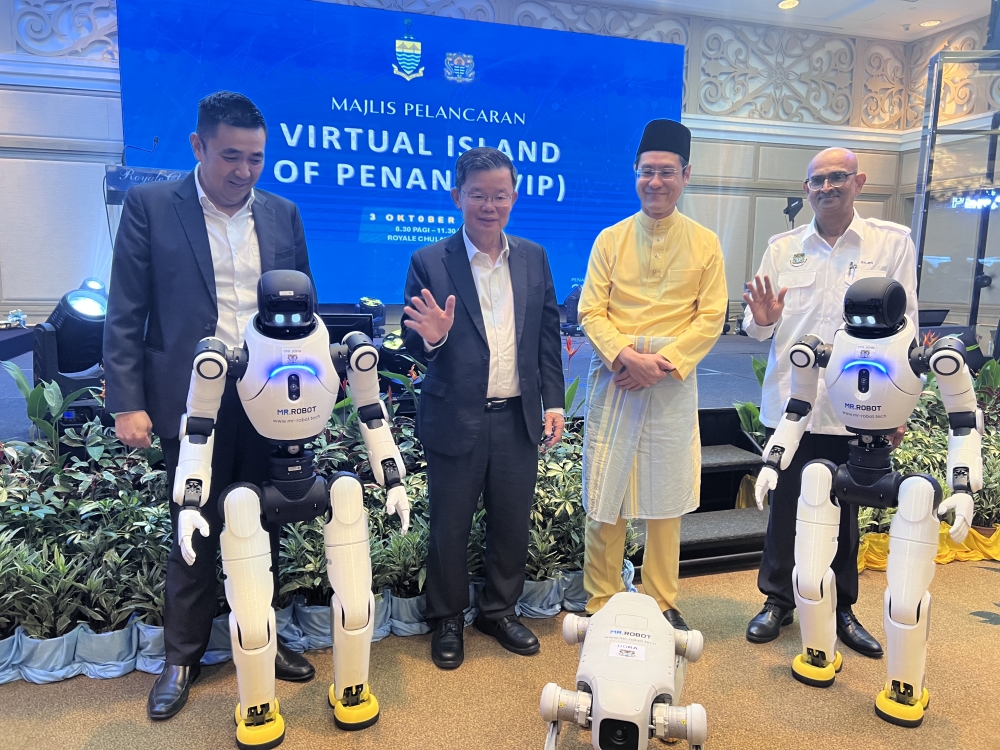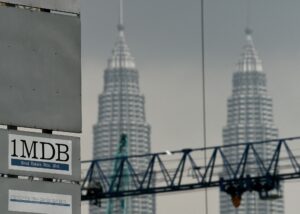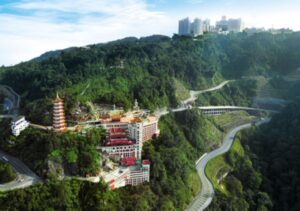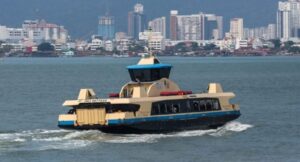GEORGE TOWN, Oct 3 — The Penang Island City Council (MBPP) today launched its Virtual Island of Penang (VIP) platform, which uses real-time data, satellite images and artificial intelligence (AI) to improve city management.
The RM30 million platform is a digital twin of Penang island, with real-time systems mapping every building, road and tree.
MBPP Mayor Datuk A. Rajendran said the system comprises 10 modules that consolidate data and real-time monitoring into a single platform.
“Penang is not only the first in Malaysia, possibly in the region, to develop modules with specialised features such as weather monitoring and disaster management, geotechnical slope monitoring and control, and a tree inventory and inspection module,” he said at the launch this morning.
He said data sciences were integrated with satellite imagery and Light Detection and Ranging (LiDAR), along with predictive and generative AI, to produce efficient, interactive modules with real-time data to enhance MBPP’s delivery capabilities.
Rajendran said the geotechnical slope monitoring and control module can detect soil movement so immediate action can be taken before accidents occur.
The tree inventory and inspection module, meanwhile, can detect the health of a tree using remote sensing technology with 87 per cent accuracy.
“With remote sensing, if there are any indications, we can then use equipment to check on-site to see if the tree can be saved,” he said, adding that the technology allows MBPP to act before accidents occur, without needing to physically inspect every tree.
“This is using AI technology, so it is continuously learning and improving,” he added.
He said MBPP began developing VIP in 2020 and has spent about RM30 million to realise it. Some of its features are now open to the public via the city council’s Pearl app.
“Certain features are accessible to the public, such as disaster alerts, monitoring and reporting,” he said, adding that the app also contains information on the location of automated external defibrillators (AEDs).
“The full system is accessible only to officers directly involved in monitoring the relevant modules,” he said.
When asked if this meant MBPP would no longer install more closed-circuit television (CCTV) cameras, Rajendran said they are still expanding coverage.
“We are now upgrading the CCTVs with features such as detecting vehicle speed and the types of vehicles using the road,” he said, adding that the system will also have number plate recognition capability to track vehicle movement.
“We expect to complete this upgrade next year, so if there is any case of car theft, the vehicle can be tracked using our CCTVs,” he said.
Meanwhile, Penang Chief Minister Chow Kon Yeow said the VIP will improve city management and emergency response, including enforcement.
“This will also provide better service to the people and improve collection of tax assessments,” he said.
He said the RM30 million investment would yield returns beyond its cost.
“I am sure the mayor is hoping the government will consider implementing similar platforms for all local councils in the country for better governance,” he said.
Chow said while other local councils already have some of the data elements, it would be more efficient to consolidate them into a single platform for easier management.
He said MBPP’s system could be replicated by the Seberang Perai City Council (MBSP).
The VIP includes modules such as e-submission for building plans, where compliance is checked automatically and applicants can track approvals in real time.
It also has a licence dashboard that records economic activity and arrears, while enforcement issues such as abandoned cars are mapped through geo-notices.
Weather and landslide monitoring provide minute-by-minute updates, while a disaster dashboard tracks floods, fallen trees and landslides in real time.
Its smart mobility module integrates data from CCTVs, Waze and adaptive traffic signals, while the smart economy dashboard highlights tax collections and arrears.
The system also includes a heritage dashboard that keeps digital records of every heritage building. If cracks appear in a shophouse wall, the system alerts the city council so repairs can be carried out before it becomes dangerous.






